Small island developing states (SIDS) are plagued by plastic pollution, with many receiving tonnes of packaging daily from the imports they heavily depend on. This is coupled with insufficient treatment facilities and limited land to store the resulting waste. Despite contributing only 1.56% to the global volume of mismanaged plastic waste, the average waste generation per head in SIDS is 2.3kg/day, 48% higher than the world’s average.
SIDS are a crucial stakeholder in current efforts to forge an international plastics treaty. However, emerging from the second meeting of the intergovernmental negotiating committee (INC-2) in Paris in June 2023, there was a sense of frustration among the SIDS delegation. “There had been a high expectation of spending more time discussing the substantive issues which was the options paper that many of the countries prepared to respond to ahead of time. This paper was agreed upon at the first INC and contains the options for elements towards a legally binding international agreement regarding the life cycle of plastics,” according to Safiya Sawney, ocean and climate policy expert from the Caribbean SIDS of Grenada.
“We did not have the time to really get into the substance as much as we would have preferred. We need quite a bit of time to really understand what it is that we’re negotiating and how that impacts us. We have not been able to come together as SIDS to understand how best to represent our needs and our priorities within the negotiation,” she told Back to Blue.
The SIDS economies are centred around fishing or tourism, both of which are negatively impacted by plastic pollution: beaches dirtied by plastic waste are unattractive to tourists and can damage fish and boats. In Saint Lucia, for example, the direct costs of marine plastic waste to fisheries and tourism was estimated at between US$654,389 and US$1,356,666 in 2019 alone. For SIDS, the knock on effects extend to job and revenue creation in related critical sectors.
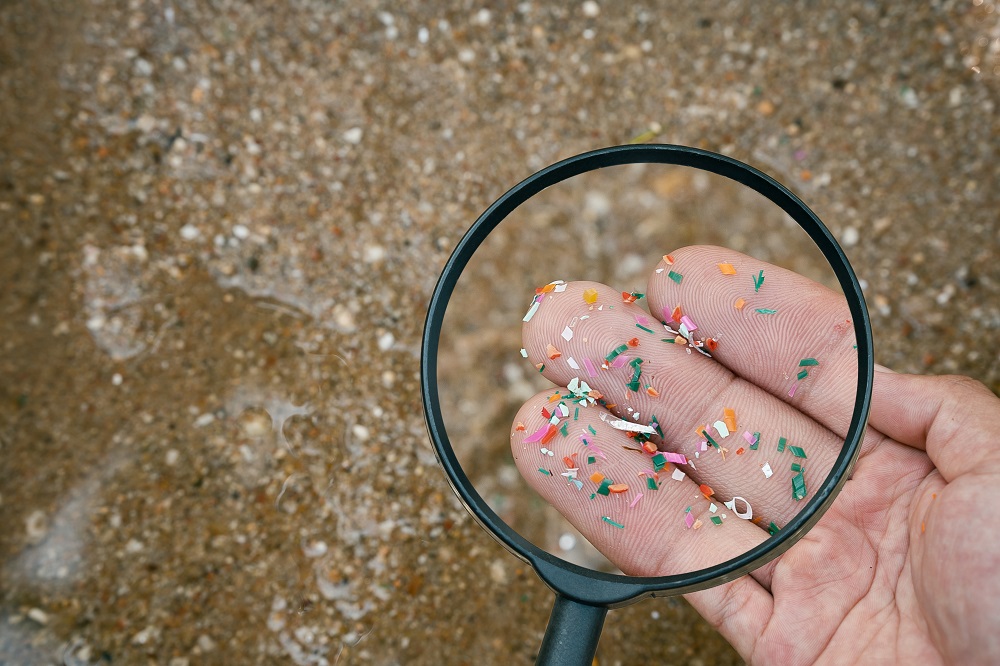
Technical knowledge lacking
From a SIDS perspective, the full gravity of the issue is not understood. “We don’t have the technical know-how amongst our members to fully understand the negative impacts associated with the harmful effects of different plastic products,” explained Ms Sawney. “How harmful are microplastics and what resources are required to work on mitigating this issue, all need to be better understood.”
Lack of technical expertise is one of the main reasons for SIDS limited progress on forging a unified environmental agenda. Although seldom considered, technical capabilities are integral to implementing legislation; Mauritius, for example, successfully phased out the use of chlorofluorocarbons (CFCs) well ahead of the target set in the Montreal Protocol, partly because of a comprehensive training programme that empowered customs officers to enforce the ban.
SIDS are seeking additional technical support, and want to ensure their unique needs are heard, including tackling high levels of plastic waste generated by pollution, addressing pollution from abandoned, lost or discarded fishing gear, and exploring the legal recourse to manage legacy plastic in the ocean. “It’s quite a bit to juggle and with a lack of resources, the lack of good co-ordination and technical know-how,” said Ms Sawney.
Reduce, reuse, recycle?
Some islands have implemented aggressive policy measures to reduce plastic imports while supporting recycling. Mauritius has banned plastic bag imports, including non-woven plastic bags, while Fiji has banned single-use plastics and polystyrene imports. Barbados, the Marshall Islands and Vanuatu have introduced bans on items such as single use plastics.
For those looking to phase out single-use or even virgin plastic products, finding a suitable alternative is key. “Small island states need full comprehension of the science behind the safety and potential harmful effects of alternatives,” explained Ms Sawney. Some SIDS have begun to the process of sourcing and importing alternatives to plastic that are recyclable, reusable and biodegradable. These include natural fibres such as jute, cotton, coconut and palm, glass, and cellulose-based packaging materials and decorations.
Increased capacity in waste management, such as recycling, is still needed to absorb existing plastics that cannot be reduced, reused or substituted. Ms Sawney says this is another issue that SIDS need to consider. “Is there a market for recycled plastics? Is the solution capping production of plastics in general, or can we encourage circular economy approaches, focusing more on recycled plastics? How viable is a circular economy?” she asks.
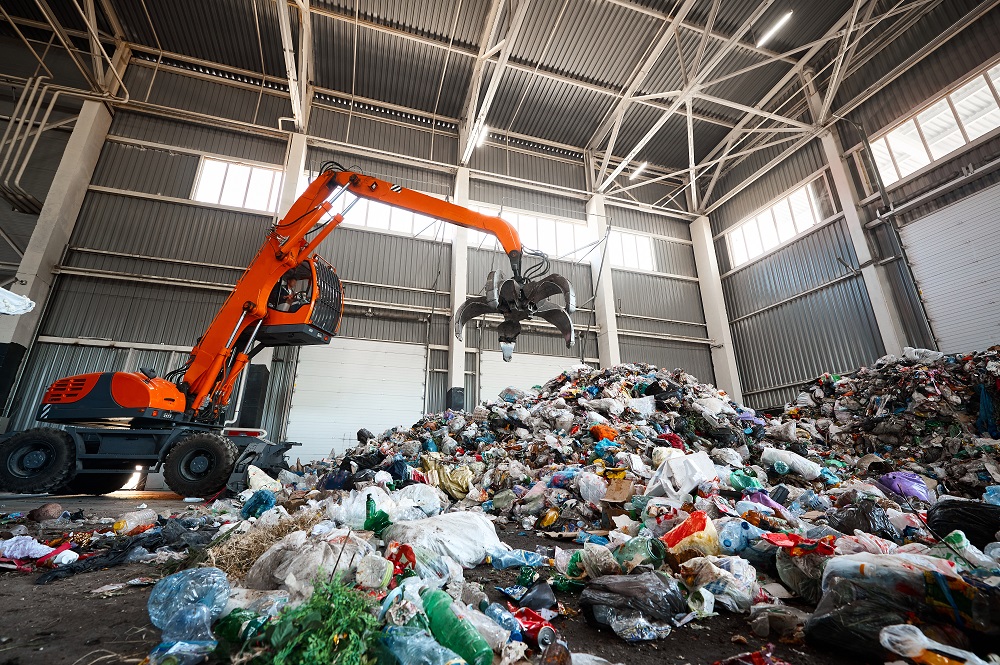
Individual choice versus regional position
The needs and priorities differ across each island. Some are so geographically dispersed that the distances between the islands in a single SIDS makes collecting and treating waste difficult and costly. Recyclable plastic waste often needs to be exported outside the SIDS, which can be prohibitively expensive. Many SIDS are poor. Nine are classified as either least developed economies by the UN and/or heavily indebted poor countries by the World Bank and the International Monetary Fund, while six more are counted as lower-middle-income countries.
These regional differences mean SIDS do not have a natural convergence of needs. The SIDS perspective has been filtered through an Alliance of Small Island States (AOSIS) joint submission, but there is limited understanding about whether separate regional positions are needed. “There are certain elements where we would like to be able to have a collective choice, such as around the need for national action plans to ensure that we are meeting our objectives, but other issues relating to finances and involvement of the private sector could be different from a regional perspective,” explained Ms Sawney.
To help with national action plans, the Plastic Waste Free Islands (PWFI) project was launched in 2019 to look at plastic value chains in six large ocean, small island states in the Caribbean and Pacific. The aims of this three-year project were to promote an island circular economy and show economically viable solutions to deal plastic leakage while creating local jobs. The project created a Blueprint document, which aims to help islands rethink their plastic use, including developing a financing and action plan and unlocking sector-level business opportunities. The six islands were Fiji, Vanuatu, Samoa, Antigua and Barbuda, Saint Lucia and Grenada.
Negotiating on behalf of SIDS
The PWFI’s suggestions will hopefully reduce plastic leakage on individual islands, but SIDS leaders are asking that their nations are made a priority in the plastics treaty, which would provide global regulation and financing to ensure measures have a positive impact. “The SIDS have been very clear, we need additional resources so we can have our preparation and co-ordination meetings in regional groups and within AOSIS,” said Ms Sawney. “We have to ensure that we communicate clearly on what our key needs are.”
SIDS are preparing to negotiate their position in Nairobi, Kenya, where INC-3 will be held in November 2023. However, the ambitious overall timeline of the treaty process is adding pressure. “Some of the countries are calling for representatives from their ministries of trade and trade experts to also weigh in on a substantive review of current trade agreements and the impact the treaty can have on those. More time to dive deeply into these issues would be advantageous in advance of Kenya,” explained Ms Sawney. SIDS have historically been effective at sharing their concerns though, and Ms Sawney believes that they will ensure that they are fully represented in the treaty negotiations.
Some SIDS are more vocal than others. Samoa is currently chairing AOSIS and therefore delivering the AOSIS position. Palau heads the Pacific SIDS and is also prominent. “We’re still trying to coalesce on key priority points within the Treaty from the Caribbean perspective so that we can efficiently capture, if needed, a regional position during the first negotiations of the zero draft in Kenya,” Ms Sawney concluded.
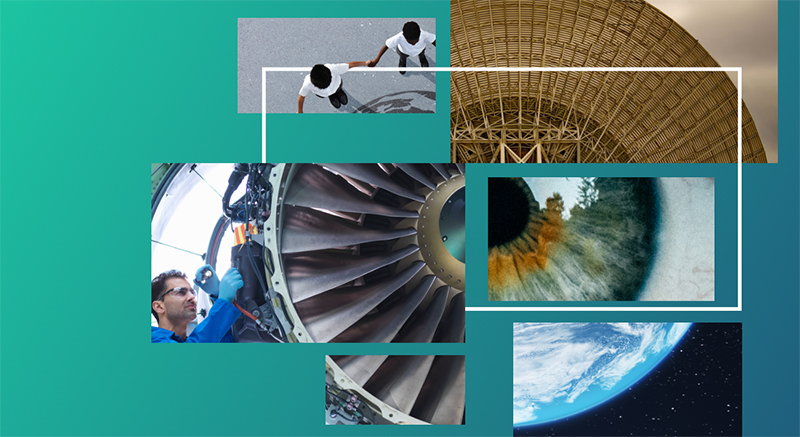
THE SUSTAINABILITY PROJECT
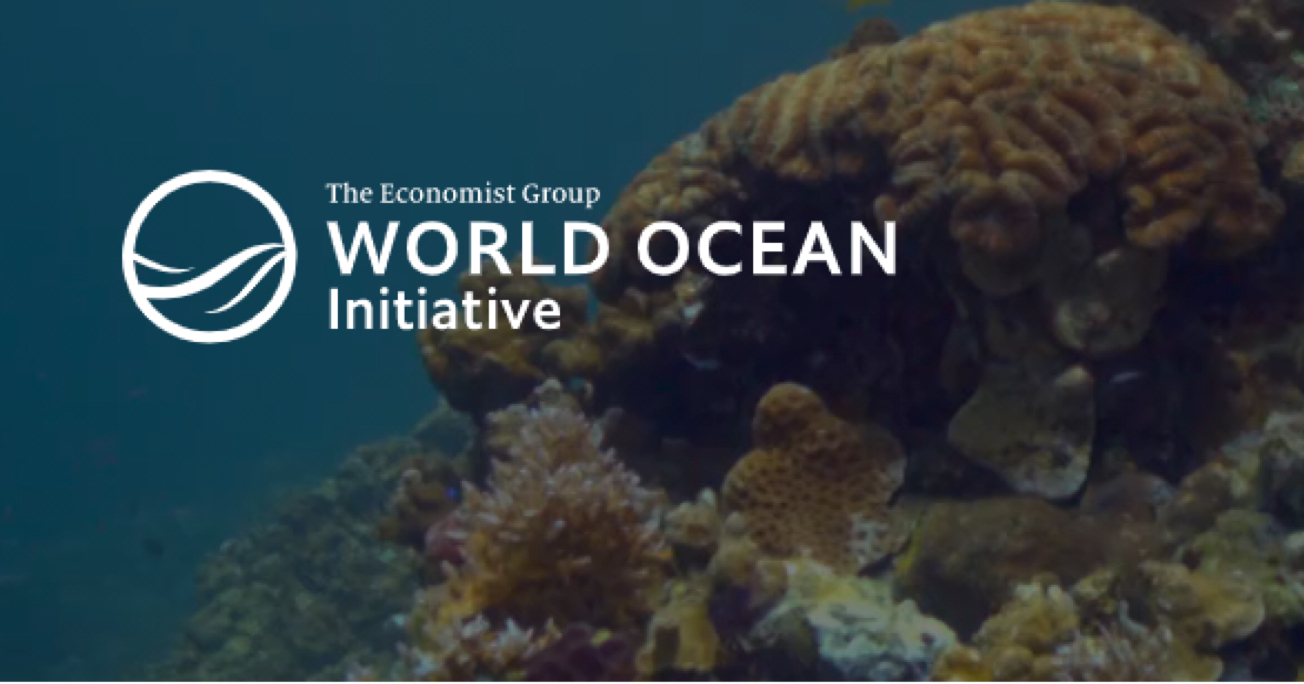
WORLD OCEAN INITIATIVE
WE WOULD LOVE TO HEAR FROM YOU
We welcome your feedback and comments.
If you have an editorial or media related request, a member of the media team will get back to you.
EXPLORE MORE CONTENT ABOUT THE OCEAN
Back to Blue is an initiative of Economist Impact and The Nippon Foundation
Back to Blue explores evidence-based approaches and solutions to the pressing issues faced by the ocean, to restoring ocean health and promoting sustainability. Sign up to our monthly Back to Blue newsletter to keep updated with the latest news, research and events from Back to Blue and Economist Impact.
The Economist Group is a global organisation and operates a strict privacy policy around the world.
Please see our privacy policy here.
THANK YOU
Thank you for your interest in Back to Blue, please feel free to explore our content.
CONTACT THE BACK TO BLUE TEAM
If you would like to co-design the Back to Blue roadmap or have feedback on content, events, editorial or media-related feedback, please fill out the form below. Thank you.
The Economist Group is a global organisation and operates a strict privacy policy around the world.
Please see our privacy policy here.


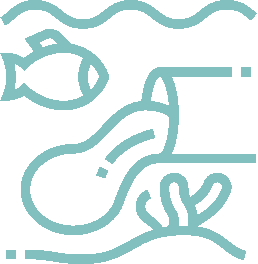

 World Ocean Summit & Expo
2025
World Ocean Summit & Expo
2025 UNOC
UNOC Sewage and wastewater pollution 101
Sewage and wastewater pollution 101 Slowing
the chemical tide: safeguarding human and ocean health amid
chemical pollution
Slowing
the chemical tide: safeguarding human and ocean health amid
chemical pollution Hazardous chemicals in plastics - the discussions at INC
Hazardous chemicals in plastics - the discussions at INC






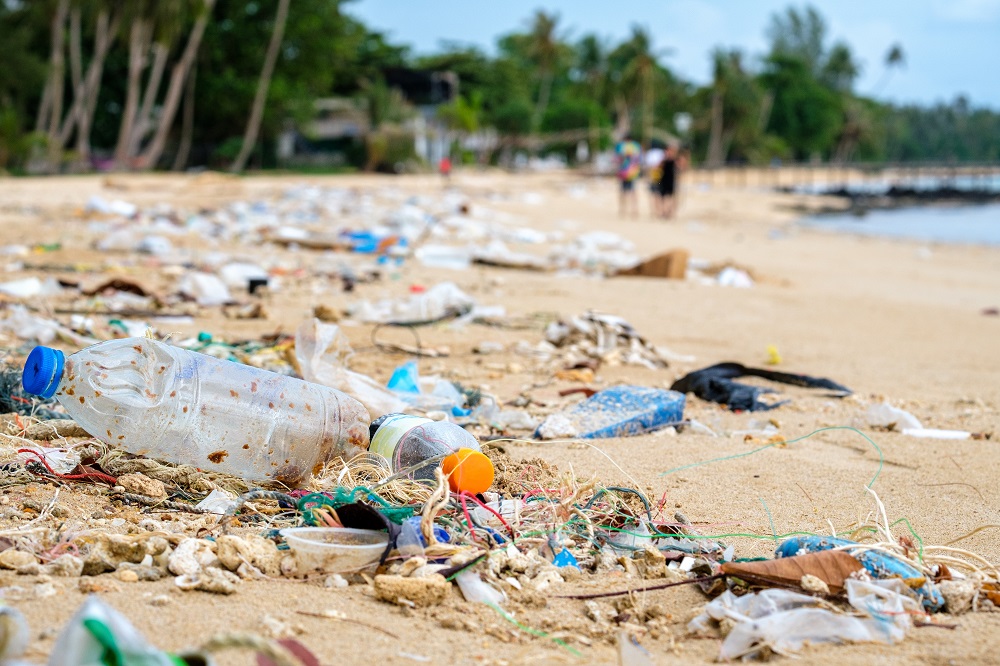
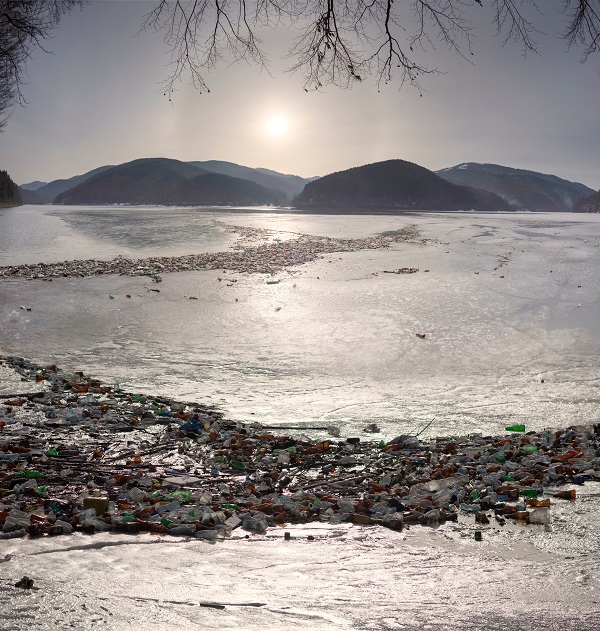
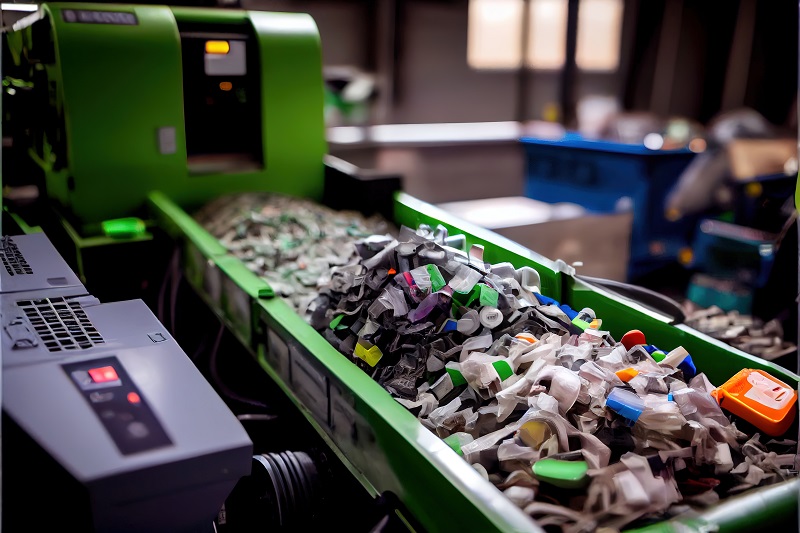
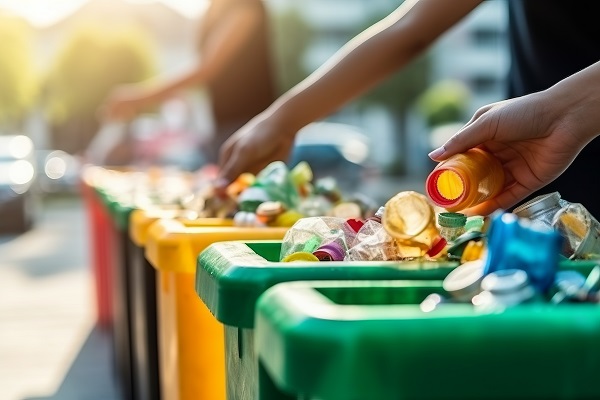
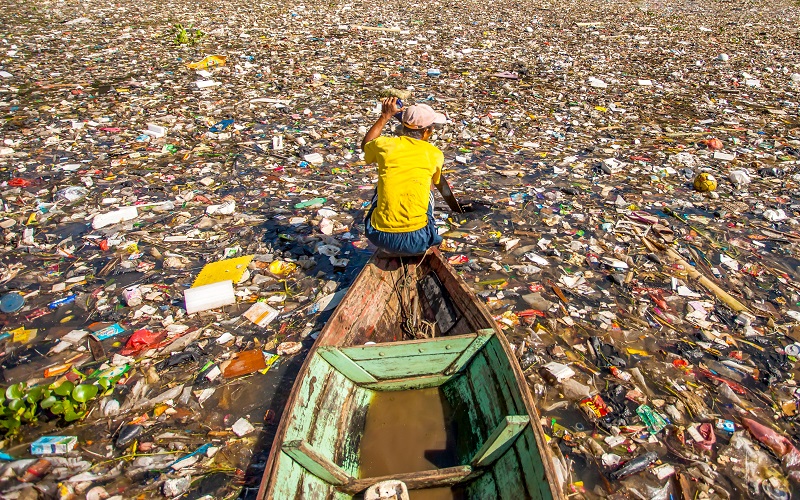
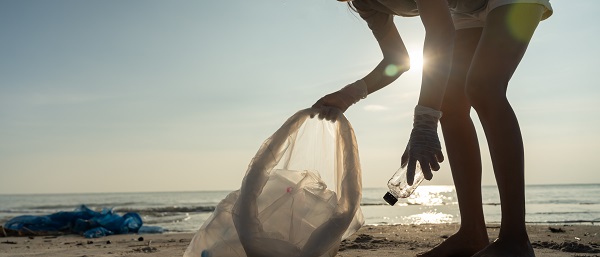

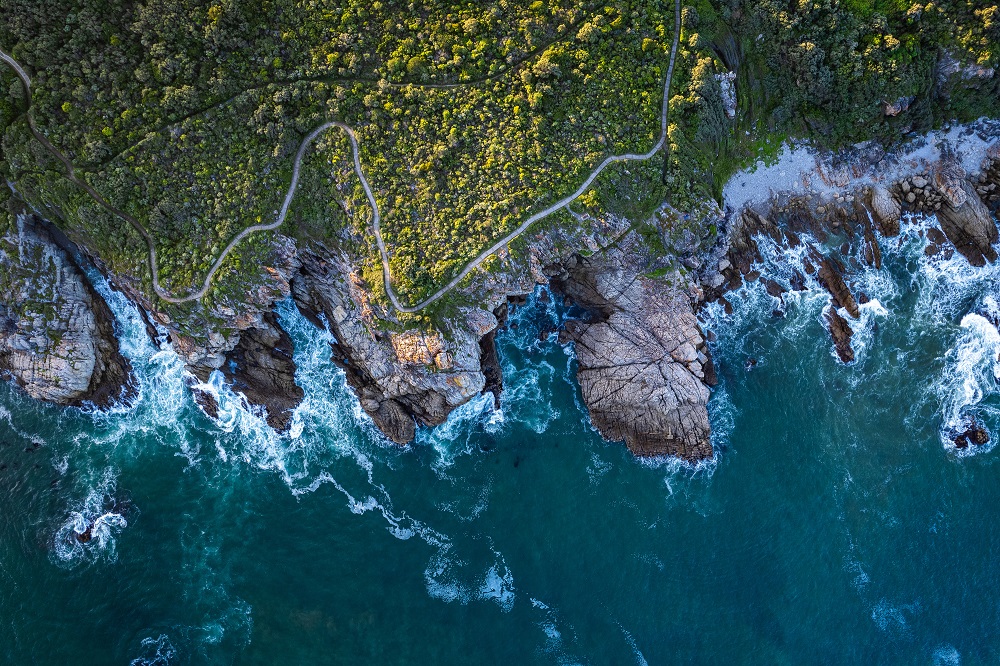
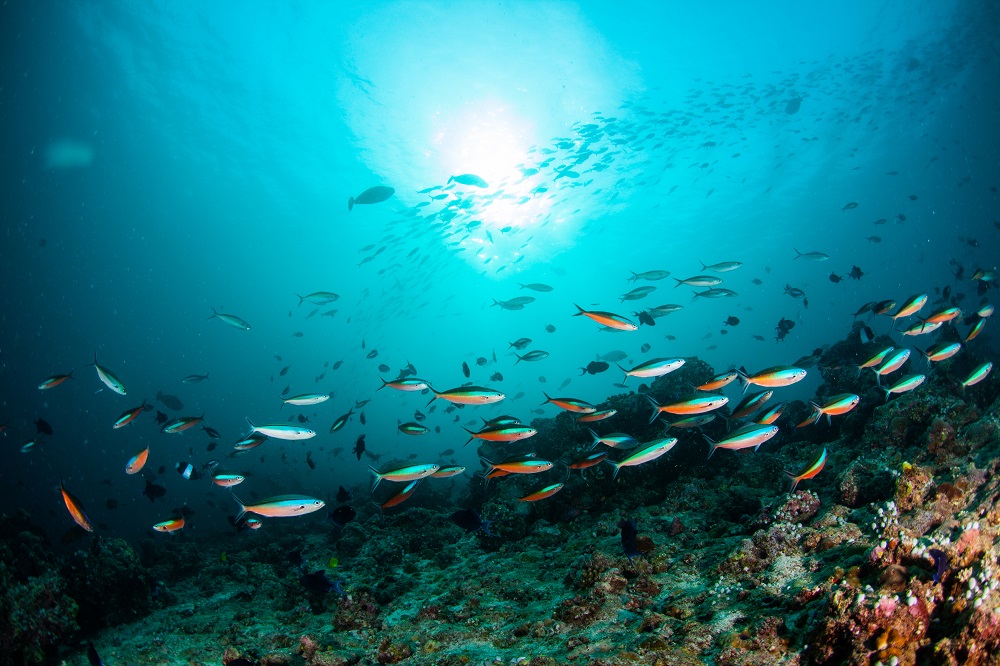
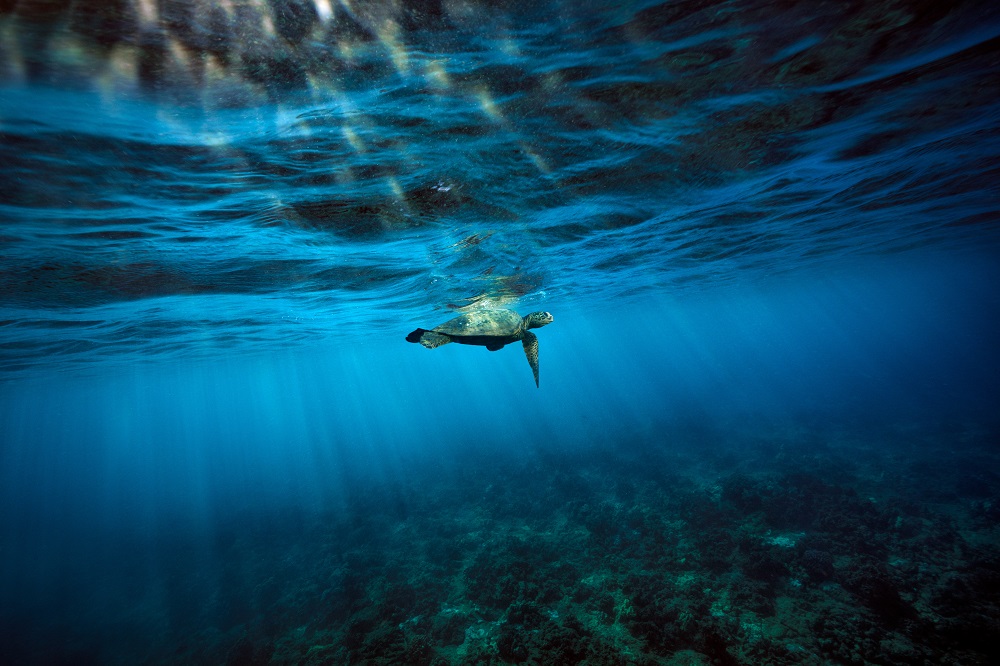
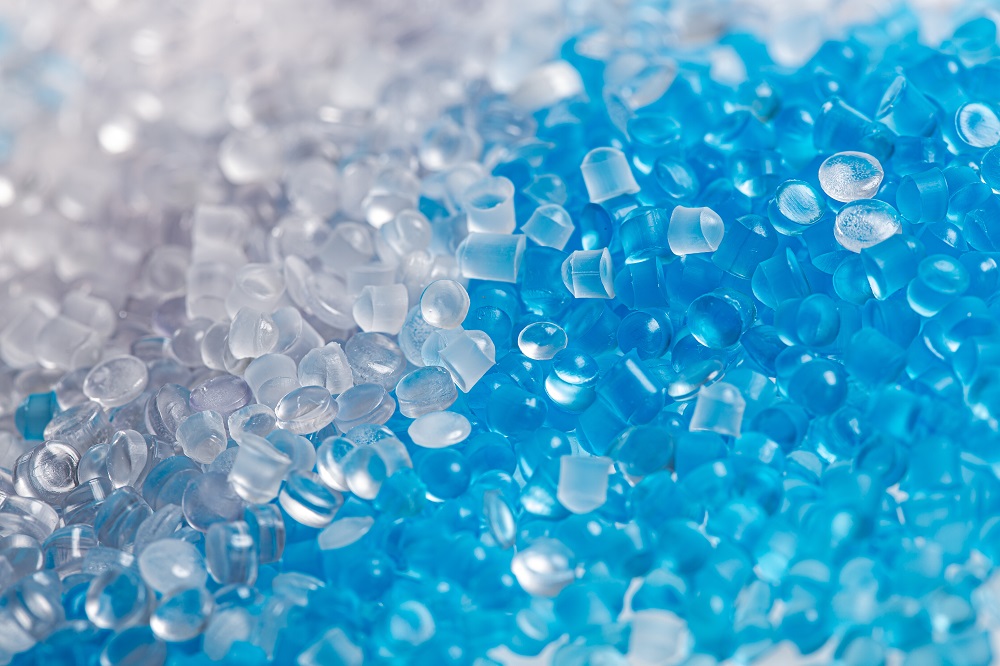
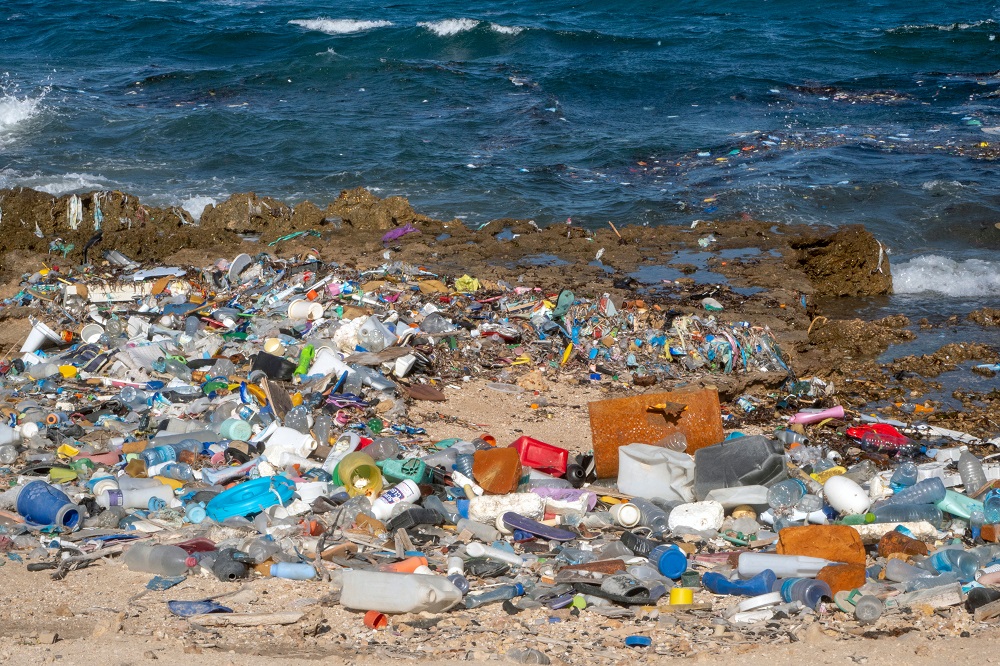
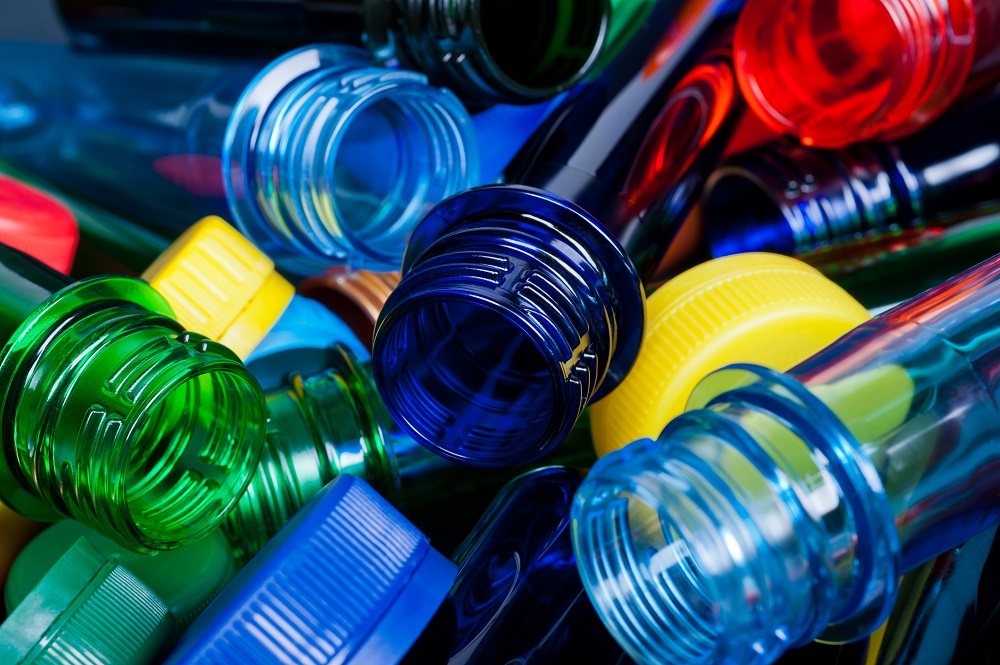
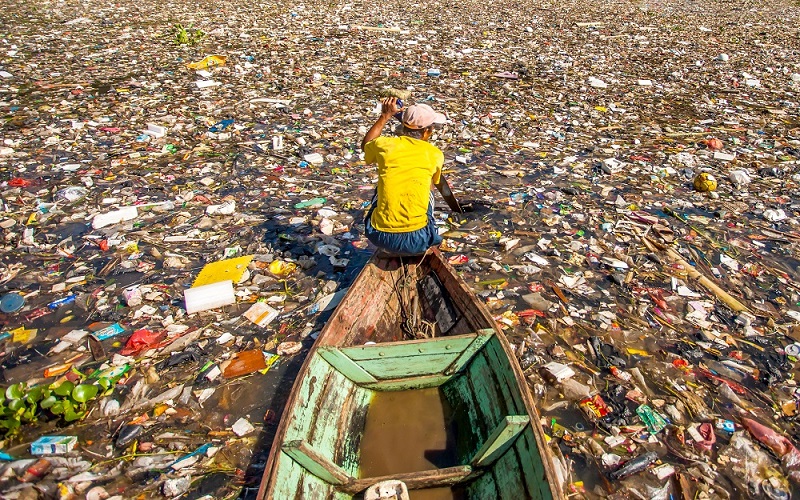
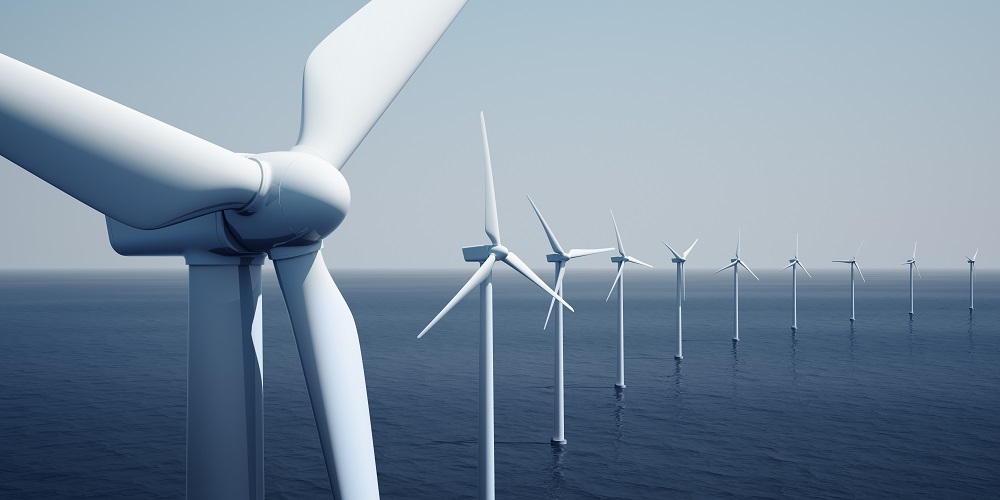
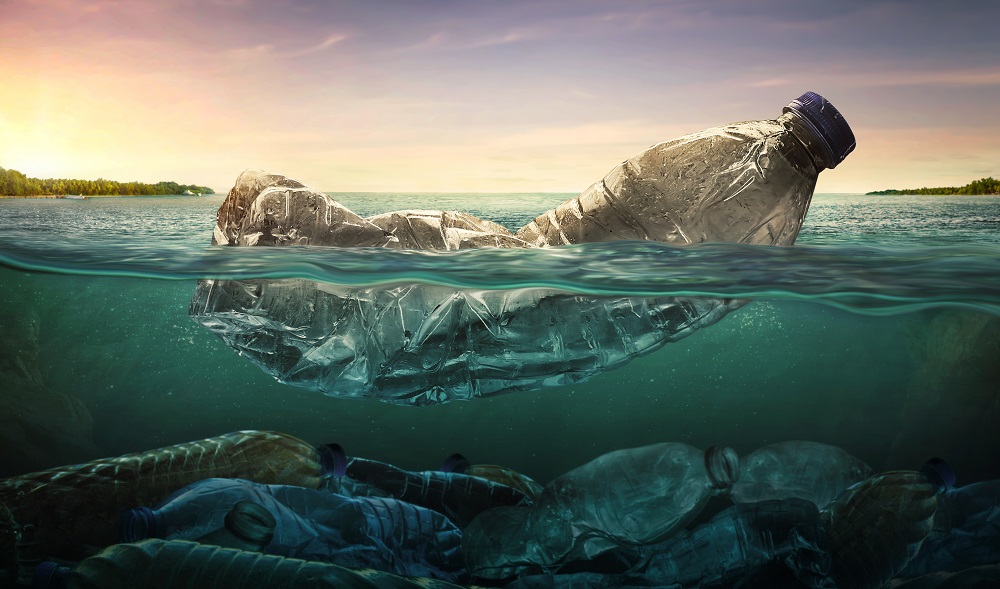
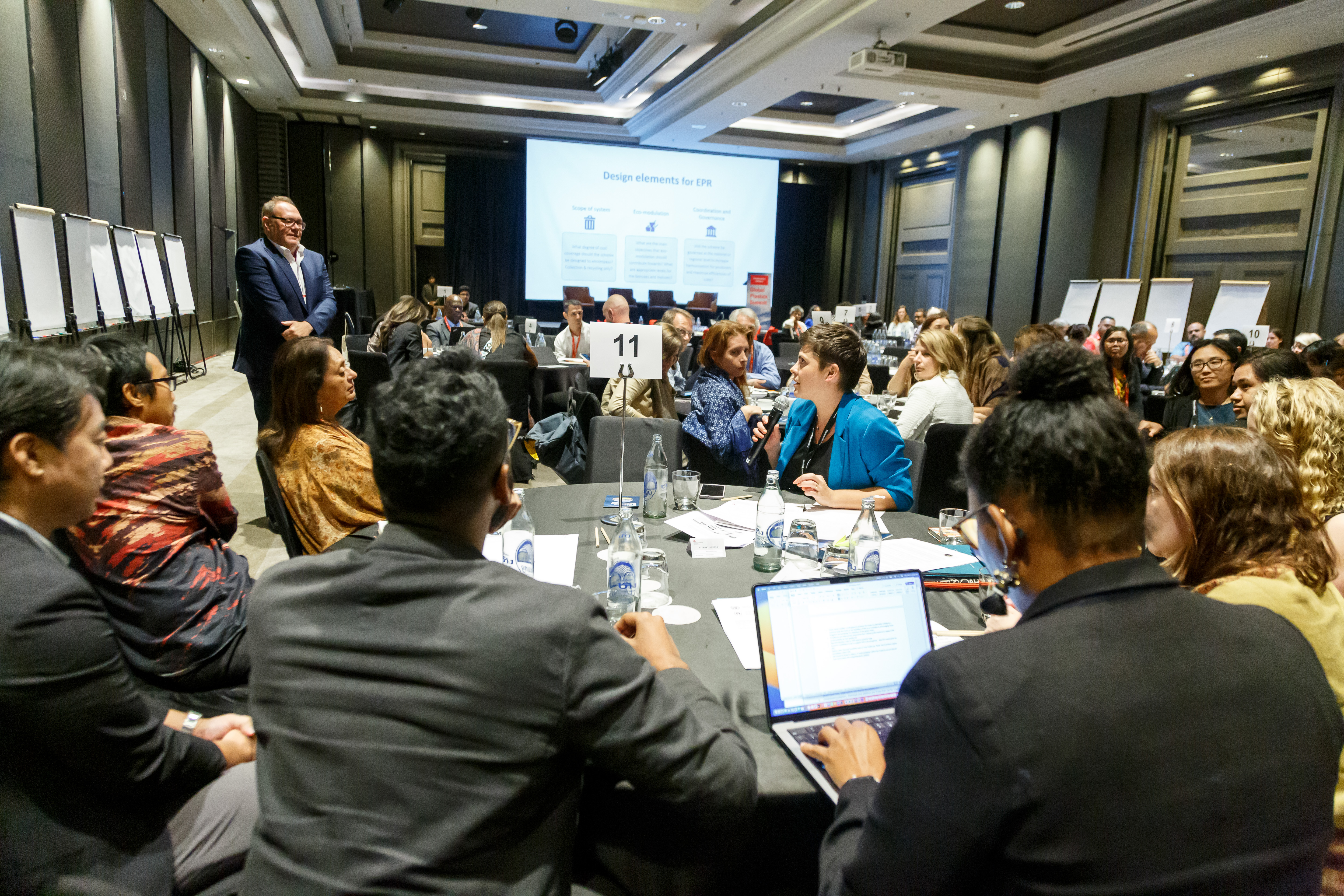
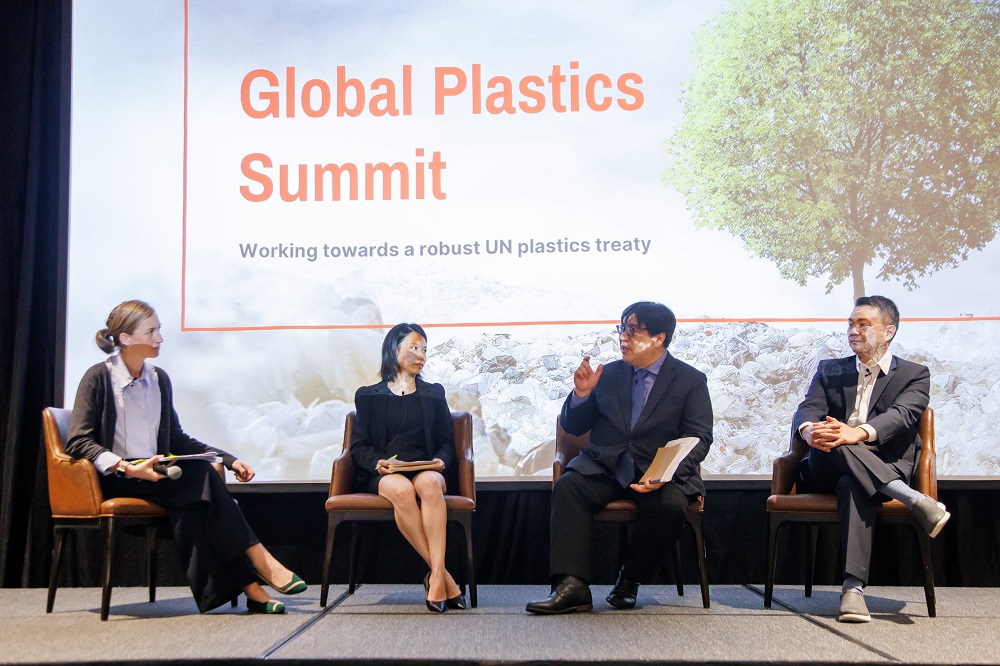

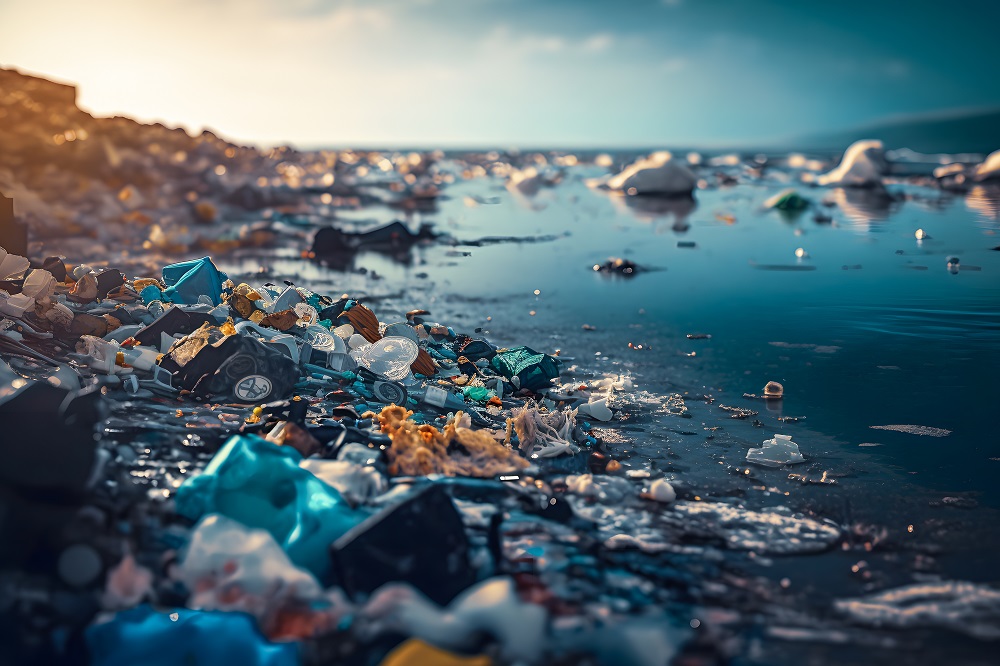
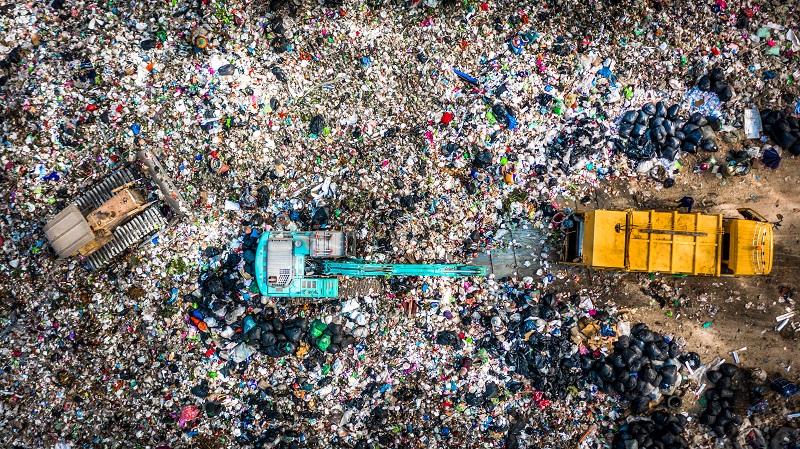
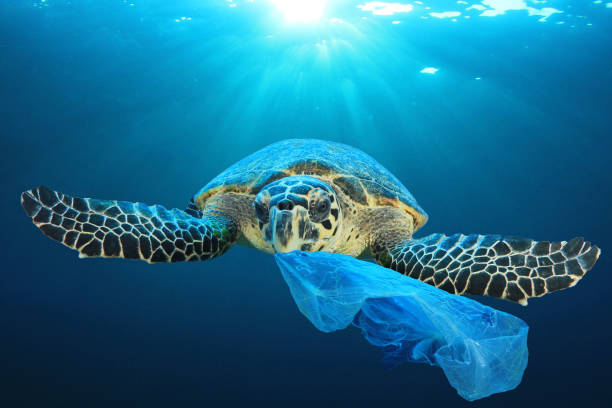
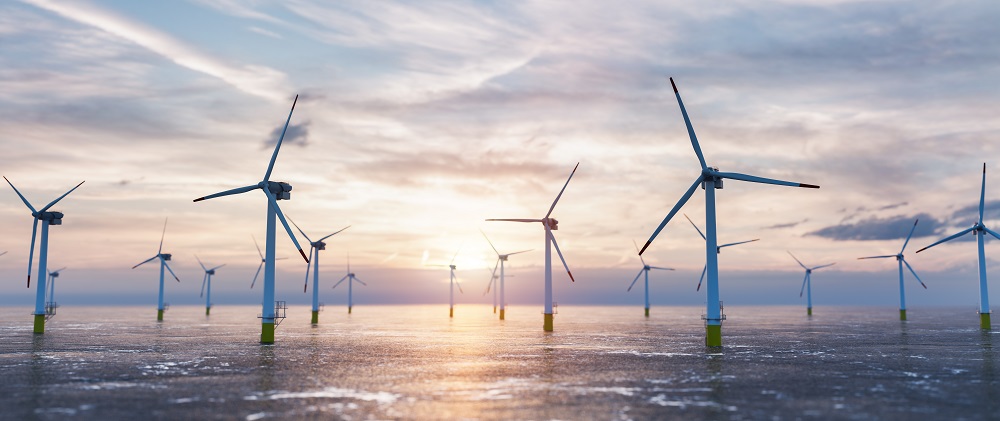 Affiliated contentWhy Offshore Wind Needs Looking After
Affiliated contentWhy Offshore Wind Needs Looking After